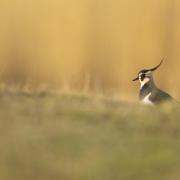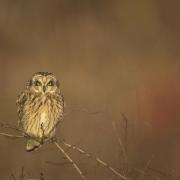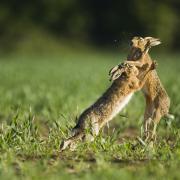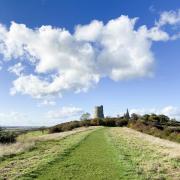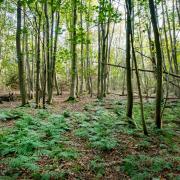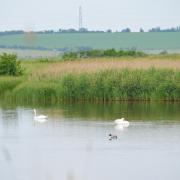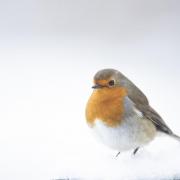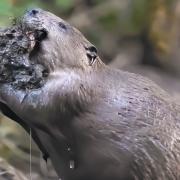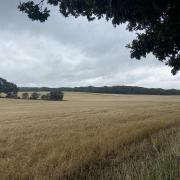Andrew Fallan shares his expertise in Essex wildlife with us, sharing his views on the conservation and environmental issues that we face in the county and across the country
Back in August of last year, my wife and I attended the Essex Badger Protection Group’s 30th anniversary celebration, held at the Essex Wildlife Trust visitor centre at Hanningfield Reservoir. Although badgers are among my favourite animals, for me the event’s main attraction was a talk by Dominic Dyer, who, as well as being a public speaker par excellence and CEO of the Badger Trust, has been one of the most prominent critics of the government’s cull of badgers in a bid to combat bovine TB. True to form, Dominic delivered a passionate and rousing speech – almost as good as some of the cakes on offer – and it was great to listen to his words of wisdom while flying the flag for one of our most iconic yet persecuted species. And as Dominic has become quite a hero of mine, it was also great to meet him in person after the event and shake him firmly by the hand.
Badgers were living in Britain long before modern humans even reached these isles, having been here for some 250,000 years, so it is a real shame that they have suffered such intense persecution at our hands. Primarily due to the fact that they can be carriers of bovine TB – though it should be stressed that it seems only a relatively small proportion are actually infected – badgers have, in recent years, also become highly politicised, even rivalling the heavily maligned red fox in this respect. The relationship between badgers, bovine TB and the effectiveness or otherwise of culling is a complex one, even without the input of politicians and political agendas. Nevertheless, while I admit that my reading on the subject has tailed off of late, I am still firmly of the view, likely in common with many thousands of others, that the badger cull is far from the right course of action.
There has also been some controversy over whether badgers are responsible for the hedgehog’s population crash of recent decades, with seemingly no shortage of people willing to point the finger at these beleaguered black and white mammals as being the prime culprit. I am, however, very suspicious of any such commentary unless it is based on sound science, especially if it comes from the mouth of an unknowledgeable journalist or observer.
It was therefore no surprise to learn that, even though they compete for the same food as hedgehogs, and even sometimes prey on them, there appears to be no evidence to support the view that badgers are to blame for these falling numbers. It should also be stressed that they only occasionally kill and eat these prickly customers anyway, while not all badgers have even learnt the skill of using their claws to ‘open them up’ when rolled tightly in a defensive ball of spikes. The cause of the hedgehog’s dramatic decline is complex, but it very much appears to be down to the impact of us humans, not badgers, especially as these two species have coexisted for many thousands of years.
Given that they are not only highly secretive but also largely nocturnal, the only badger that most of us are likely to see is, unfortunately, a bloodied corpse by the roadside. I have only ever seen badgers on a few occasions myself, with two of these sightings being in Essex. One of these was many years ago, when I staked out a known sett in an area of woodland not far from my home. More recently, when driving through the town of Brentwood late one evening, my wife and I spotted one entirely by chance, trotting along by the side of a busy suburban road a mere stone’s throw from the town centre.
We have also been lucky enough to visit a specialist badger hide run by Suffolk Wildlife Trust, where these charismatic creatures were, quite literally, right under our very noses. So close, in fact, that we could actually hear their snuffling noises as they hungrily hoovered up a sprinkling of freshly scattered peanuts. It was certainly one of my most memorable wildlife encounters, not to mention a real privilege to be granted an intimate window onto the lives of these fascinating and highly enigmatic animals.
With badgers now under threat from government policy as well as illegal persecution, the last thing they need from us is ignorance and prejudice.
Find out more
For more information on badgers and how you can help them, visit badger.org.uk. For more information on the work of Essex Badger Protection Group, go to www.ebpg.co.uk.




